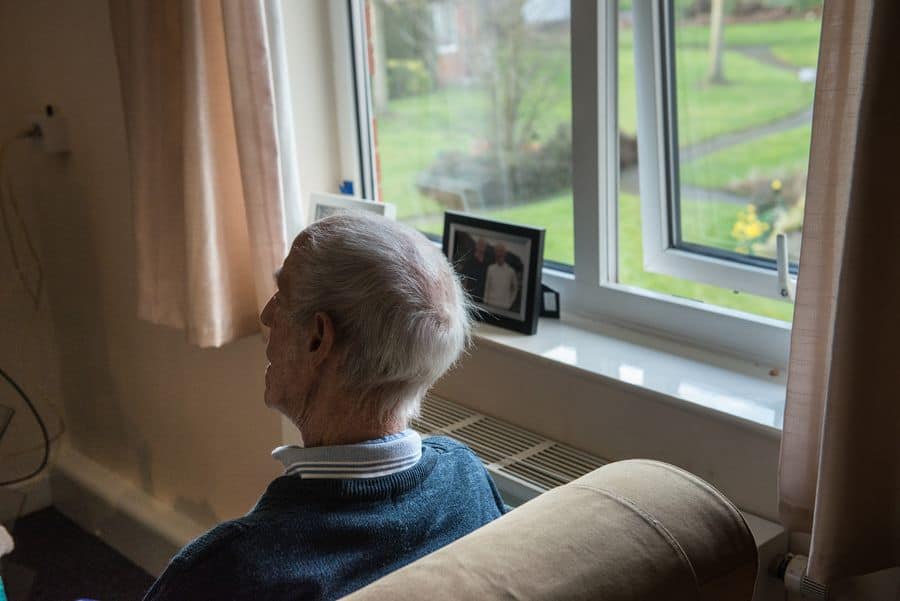Half of over 50s in England ‘unable to afford’ much-needed accessible home renovations
A new online survey commissioned by the Good Home Inquiry has found that half of those aged between 50-70 polled have not been able to carry out necessary home renovations, including much-needed accessibility adaptations, because they cannot afford it.
One in five of 50-70 year olds polled said that they would like to make renovations to make their home easier to live in, while 13 per cent said they would prioritise at least one accessibility adaptation. Evidence from the Centre for Ageing Better shows poor-quality housing is detrimental to people of all ages but the negative effects, such as respiratory conditions caused by cold, can be exacerbated for people in later life.
Similarly, accessible housing benefits people of all ages but is essential in facilitating the well-being and independence of disabled and older people who are at increased risk of serious injury from fall hazards.
The survey reveals that cost remains a major barrier with 50 per cent of people aged 50-70 wanting to make changes to their homes saying they would be ‘unable to afford’ all the renovations they need.
Nearly three in 10 said finding a trustworthy tradesperson to do the job would help encourage them to do home renovations followed by a quarter who said receiving a grant to cover all or some of the costs would encourage them to make the renovations.
Yet there was a lack of enthusiasm for the (now stopped) Green Homes Grant (GHG) with 39 per cent of 50-70 year olds saying they had never heard of it and only a quarter of homeowners aged 50-70 saying they would likely use it.
The survey also shows that the scheme may not be helping those who may need it most. More than half of homeowners on an income of more than £55,000 per year say they might use the scheme, compared with just 27 per cent of those with an income below £20,000.
David Orr, Chair of The Good Home Inquiry said: “We understand now more than ever that our homes are essential to our health and wellbeing.
“Many of us have spent the majority of the past year in our houses so we have become acutely aware of how our homes do and don’t work for us.
“It’s important that our homes suit our changing needs as we age. Renovations that improve accessibility allow us to remain independent in our homes, and homes free from hazards keep us safe.
“But there needs to be better advice and financial support for those wishing to make renovations. No one should be living in a house that poses a threat to their health and safety.”
Over the next decade, over two-thirds of all new homes will not have to meet any accessible housing standard, according to research by Habinteg Housing Association.
There are 14.1 million disabled people in the UK and the population is ageing rapidly, the social housing provider found, yet only nine per cent of English homes currently provide even the most basic accessibility features.


